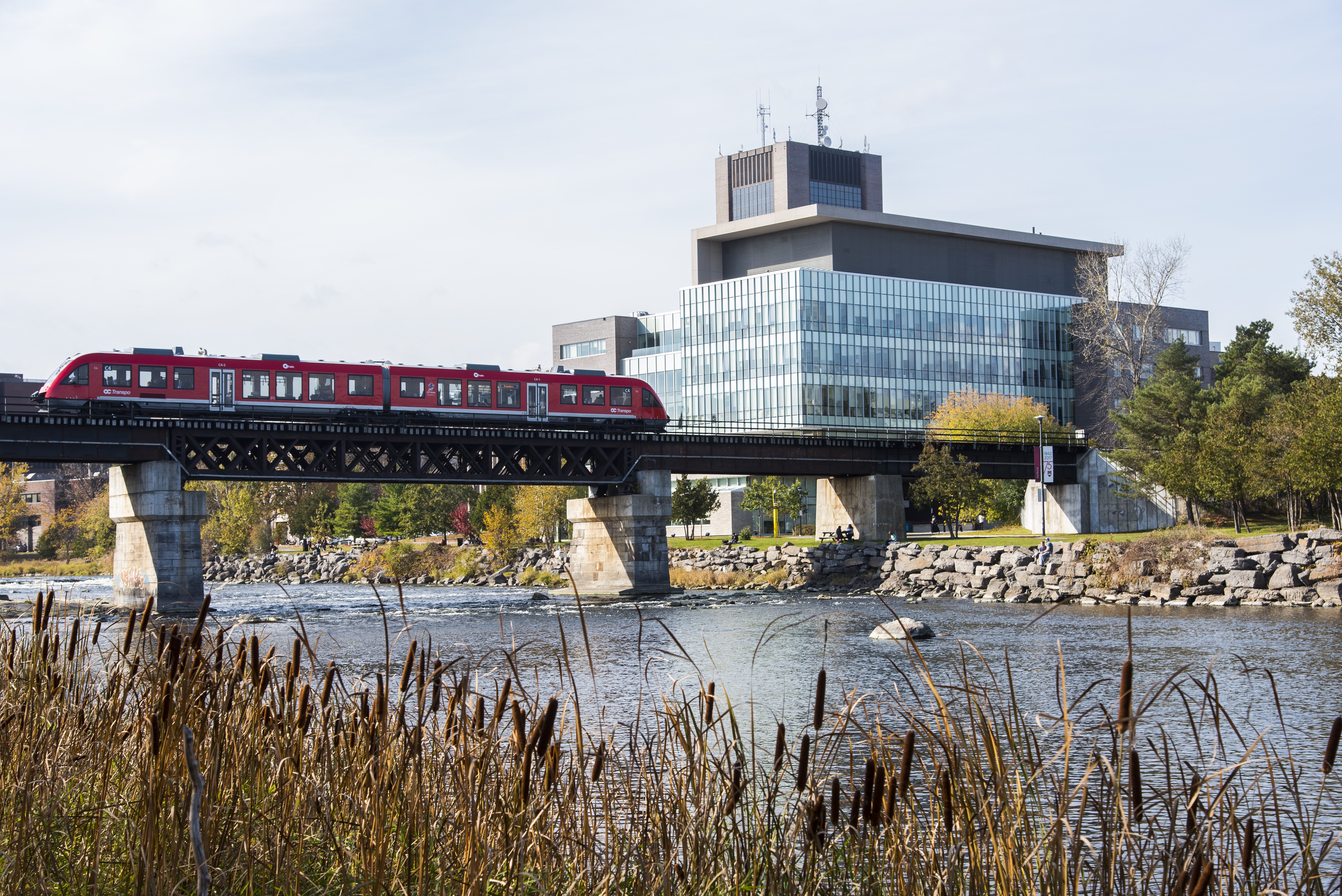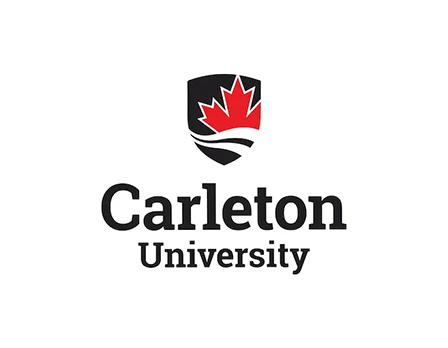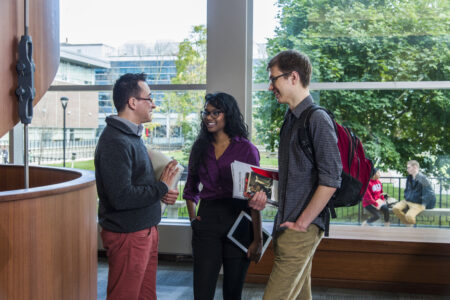Systems and computer engineering experts are in high demand, and it’s easy to see why. As technology evolves, we need professionals who understand can build the systems behind smart homes, self-driving cars, and even hospital equipment. The possibilities are great — consider smart cities and fully autonomous vehicles, including airplanes — in the more distant future.
From startups to government, organisations need your vision and skills to stay competitive and solve big problems. With a master’s degree from the Department of Systems and Computer Engineering at Carleton University, you can gain just that. Here are five reasons why.
1. A recognised world-class institution
Nestled in Ottawa — Canada’s capital and a growing hub for tech innovation — Carleton University is right at the heart of what’s often called “Silicon Valley North.” Its Department of Systems and Computer Engineering benefits from close ties to government institutions, national libraries, media hubs, and a thriving knowledge economy, making it a dynamic place to learn and live. It’s also ranked 44th globally in telecommunications engineering by Shanghai Ranking.
That reputation drew Maged Elaasar, Class of 2012, to the programme. “Carleton’s renowned cutting-edge research and strong industry connections, combined with the opportunity to work with leading experts and access advanced research facilities, made it the ideal place to further my studies and contribute to the field,” he says.

Carleton University’s Department of Systems and Computer Engineering is globally recognised for excellence in computer systems, electrical, software, communications, and biomedical engineering. Source: Carleton University
2. High-quality graduate degrees
The department is known for its strengths in real-time systems, hardware-software interfaces, signal processing, telecommunications and networks, software engineering, analytics, and biomedical engineering. And its advanced programmes — like the MASc, MEng, and PhD in Electrical and Computer Engineering — reflect this.
These programmes are delivered through the Ottawa-Carleton Institute for Electrical and Computer Engineering. This collaboration between Carleton University’s Department of Systems and Computer Engineering, the Department of Electronics, and the University of Ottawa’s School of Information Technology and Engineering forms one of Canada’s largest graduate programmes. You benefit from an extensive selection of courses and access at several departments, not just one.
For Elaasar, this interdisciplinary approach made a lasting impact. His collaborative projects sharpened his ability to solve complex challenges — skills he now uses at NASA’s Jet Propulsion Lab.
3. State-of-the-art facilities
As a graduate student, you’ll be immersed in modern, well-equipped laboratories. With over 1,000 engineering workstations, these facilities are unique in Canada and among the best globally.
The combination of classroom learning and hands-on research in cutting-edge labs made all the difference to Elaasar. From the Systems and Machine Intelligence Laboratories to the Biomedical Engineering and Radio Communications Laboratories, he could engage with the latest technology and methodologies.

Laboratory facilities are extensive, with many donated by leading tech companies, and additional advanced facilities available nearby through partnerships with government departments. Source: Carleton University
4. Faculty excellence
One of the biggest advantages of studying at Carleton is learning from leading experts. The faculty members are active researchers, journal editors, and conference leaders who bring you into their work from the very start.
MASc and PhD students often team up with supervisors on major projects, including the well-regarded Ericsson-Carleton 5G Fellowships. Some work on research like “Machine Learning Applied to Network Management,” while MEng students get hands-on experience through course-based projects. These might involve technical studies, analyses, or even full-scale engineering designs.
Mentorship is another major strength. Elaasar credits his advisors, Dr. Lionel Briand and Dr. Yvan Labiche, for shaping his thinking and research approach. Their support helped him publish impactful work — one paper even led to global recognition and opened doors to a leadership role with IBM and NASA’s JPL.
“The diverse disciplines and faculty expertise at Carleton enriched my research and learning experience,” he says.
5. Experience Ottawa living
There’s a true sense of belonging here. Whether it’s open mic nights, art exhibits, hiking and kayaking trips, or catching an NHL game, there’s something for everyone. The campus sits beside the Rideau Canal, perfect for walks in the summer and skating in the winter. Ottawa’s more affordable cost of living and reliable public transport make daily life a breeze for students, both local and international.
Interested? Apply to the Department of Systems and Computer Engineering today.
Follow Carleton University on Facebook, Instagram, LinkedIn, X, TikTok, and YouTube.













